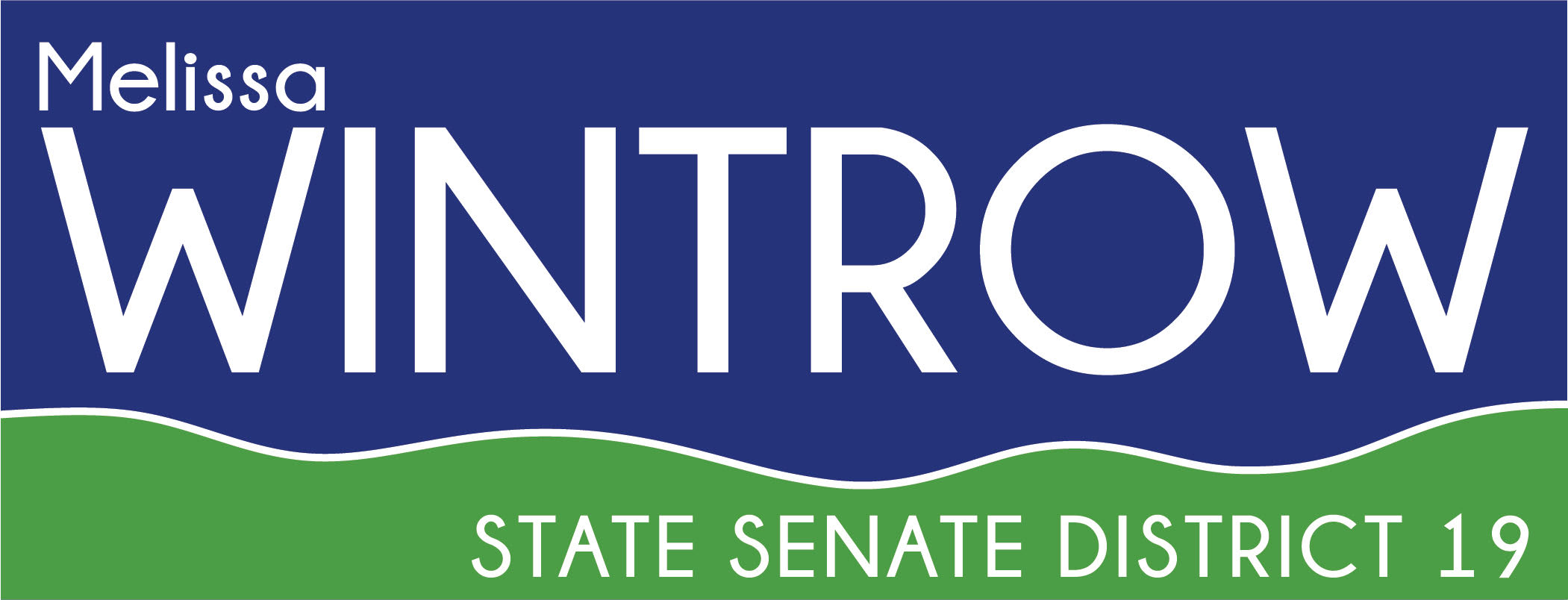There is a lot of confusion about the Special Session tomorrow regarding the depth and breadth of discussions; to be clear, we will only consider three pieces of legislation that are very narrow in scope, involving civil liability immunity and fall elections. These proposals are very specific and won’t address most concerns I hear about increasing mail in ballot accessibility in a health crisis.
How We Got Here
Early in the summer, factions of the Republican party became disgruntled that the Governor exercised his statutory and constitutional authority to address the covid pandemic through safety orders and allocating federal funds to assist businesses and citizens in need. The Governor held weekly calls with legislators to keep them informed, but that didn’t satisfy many of his party members. So, after a lot of public chastising, the Governor worked with House and Senate GOP majority leaders to support them to create “working groups” to consider issues that were troubling them, like…
- how the legislature could call themselves into session (currently only the Governor has that authority)
- how to control the Governor’s executive authority in an emergency
- how to control spending of federal funds outside of the legislative session
- how to address spending for education budgets in an emergency
- controlling public health districts and prohibiting them from closing schools if there were health concerns and letting school boards make those decisions
They added in a couple other working groups to address
- how to limit civil liability for businesses and governing agencies in a pandemic
- how to create centralized voting centers (that will decrease polling locations) and permission to shrink the time period to submit absentee ballots from 45 days to 30 days.
Where we are now
Constituents think we have broad ability to draft legislation like we do in regular session, but that’s not true in this case. The Governor worked out a deal with majority party leadership that he would convene a special session as long as there was a narrow lane for legislation to be considered. So, the working groups met and after all those meetings, three pieces of legislation, that were very much controlled by committee chairs, were pushed through to the Governor who then agreed to consider these three bills in the special session.
As a member of the Judiciary and Rules Working Group that considered the issue of civil liability immunity, I can share that it was a contentious process with many disagreements on both sides of the aisle. The working group chairs brought legislation to the table and we went through a very controlled and clunky process to “amend” the bill as best we could. In many cases I felt like I had to vote for the least bad amendments instead of voting for a good bill that provided a level playing field and balance between gov’t/businesses and citizens. I found a website that is tracking complaints nationwide, and there you will see that the number of complaints is limited and not for the things that folks are really voicing their fears about.
I will continue to listen to all parties about this issue; I am receiving hundreds of emails that are difficult to get through, so if you have written me and I haven’t gotten back to you yet, it’s because I’m inundated and don’t have enough time to review them all, which is another big problem with changing a complicated and controversial part of our law in the interim — there isn’t enough time to give it full and thoughtful consideration where testimony from courts, workers, teachers, businesses, and attorneys can be fully incorporated.
As for the elections legislation, as I said, it will not expand mail in voting, but possibly shrink the window for people to return their ballots. Currently the law gives voters 45 days to get their absentee ballots mailed in. This mirrors the federal law to ensure that citizens overseas, like students and military, can request and receive their ballot, vote, and get it back in time. The Ada County Clerk has testified that most states with all mail in voting have turned to a 30 day window to provide enough time to prepare the ballots. There are concerns that this will be an unusually large mail in process due to health concerns, so the clerks are asking for more time to prepare ballots to mail out. This may be satisfactory in normal times, but with the recent shenanigans with the US Postal Service, there is some trepidation about shrinking that window. There is also a request to reduce the number of polling locations and create centralized voting centers due to the fears that we won’t have enough poll workers. The bill proposes that each center minimally accommodate 15,000 voters each, which would be a minimum of 3 polling locations in our district. I’m concerned about that high number due to health and safety concerns with large gatherings and possibly very long lines that could discourage people from voting. The one good think about this bill is that there is a clause to limit changes to this election only.
I will take all these issues under serious consideration and work very hard to make the best decisions I can with the information presented. If you have questions, please contact me.
